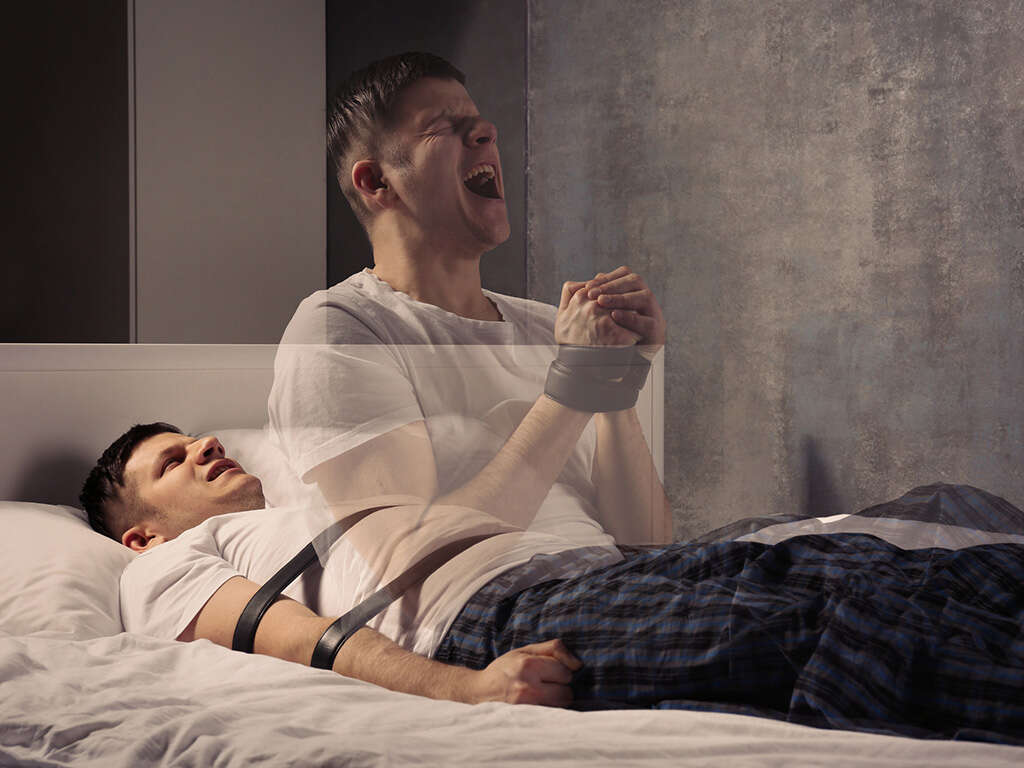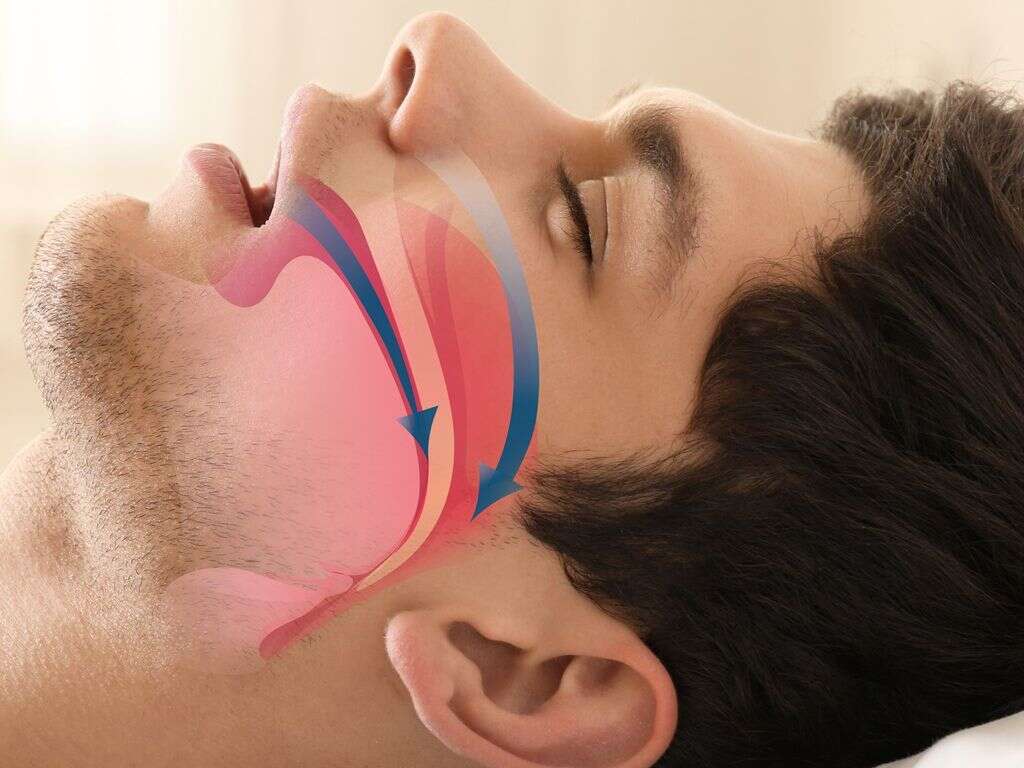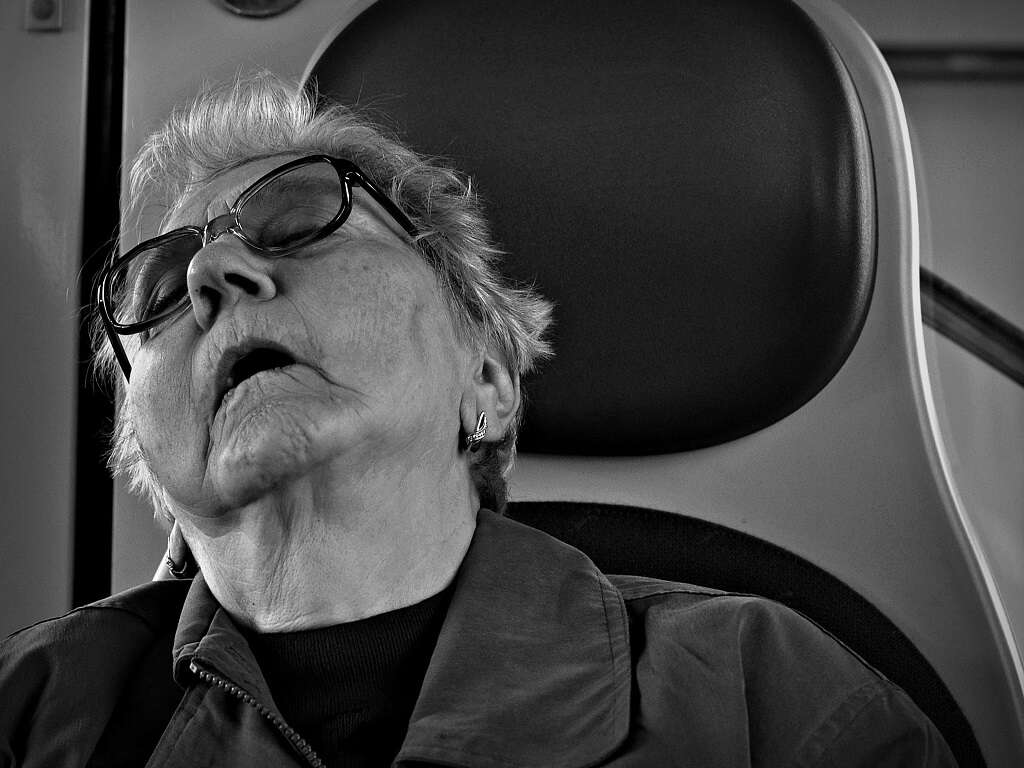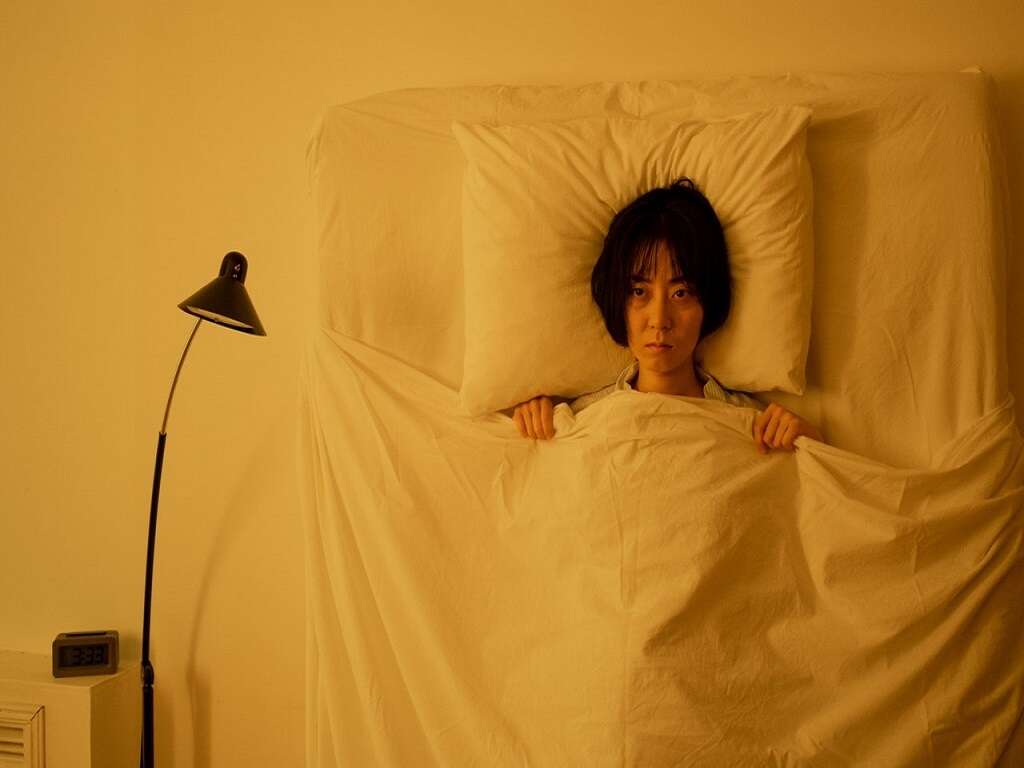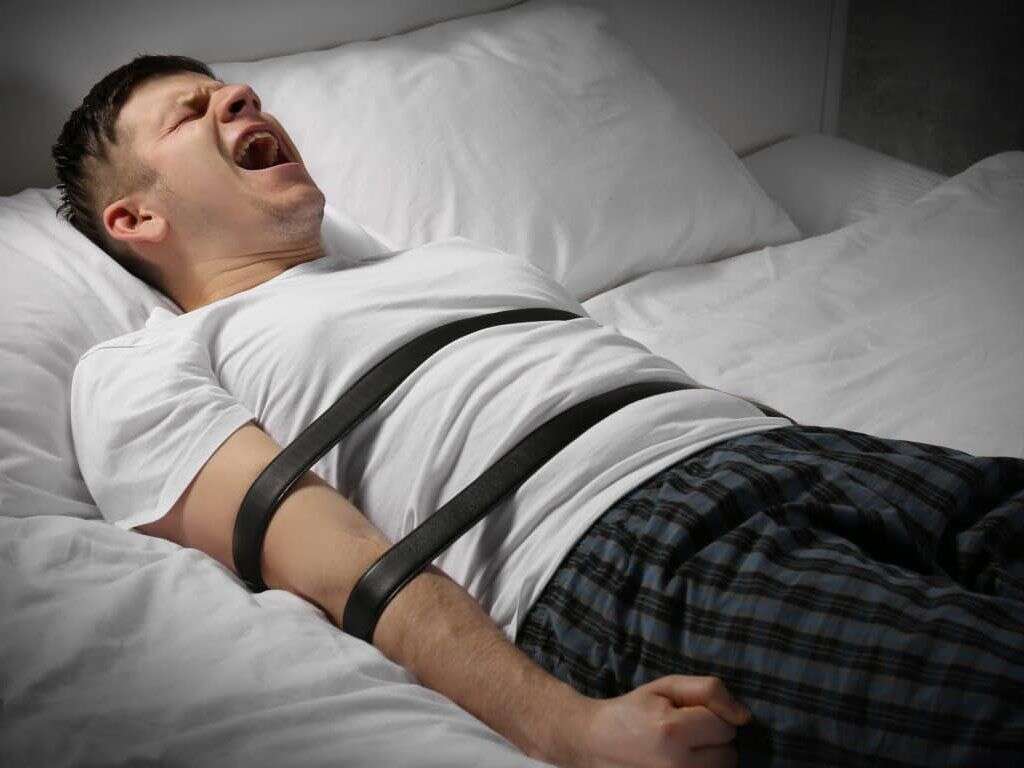What Is Sleep Apnea?
Do you feel as though you never get fully rested at night and find yourself sometimes waking up and gasping for breath? Does your partner make comments about how loudly you snore or that you seem to hold your breath during the night? Are you often moody or irritable throughout the day or find yourself falling asleep at times? If so, there is a chance that you could be suffering from sleep apnea.
Although many people associate sleep apnea with older adults, people of all ages can develop this condition. Since the disorder can be serious, it is important to get an evaluation from a medical professional if you suspect you may have developed it. With proper diagnosis and treatment, it is possible to live a life free from sleep apnea symptoms and the complications the condition can cause.
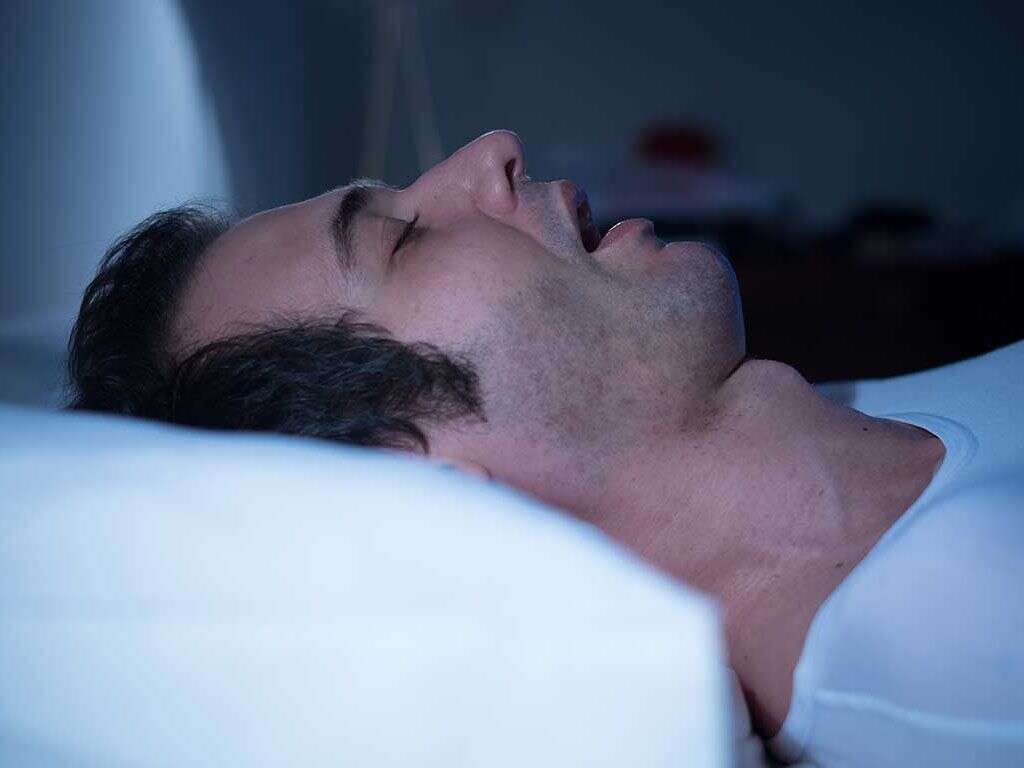
1. What Is Sleep Apnea?
Sleep apnea is a medical condition that causes you to stop and start breathing while asleep, which temporarily lowers your oxygen levels. Although the disorder is very common, it often needs to be evaluated and treated by a medical professional. People who suffer from it can have apnea episodes any time sleep occurs, whether at night or during a daytime nap.
Doctors recognize three major types of sleep apnea, and most cases fall into one of these categories. The most commonly diagnosed type, obstructive sleep apnea, occurs when the muscles of the throat relax too much while sleeping. Central sleep apnea occurs when the signals of the brain that control breathing while asleep are not functioning optimally. Some individuals have a combination of both obstructive sleep apnea and central sleep apnea. This is known as complex sleep apnea syndrome and can be more difficult to treat.

2. Is Sleep Apnea Dangerous?
Sleep apnea can cause worsening symptoms over time as well as secondary conditions. Although the condition is not always immediately serious, ignoring the symptoms can mean a delay in treatment that leads complications down the road. Early diagnosis and treatment can help prevent secondary conditions from ever developing down the road.
Even if you do not feel like your symptoms are severe enough to affect your health, it is important to get an evaluation from a physician. Many of the complications of long-term sleep apnea do not arise until much later and can be mistaken for symptoms of other conditions or simply overlooked because they are common.
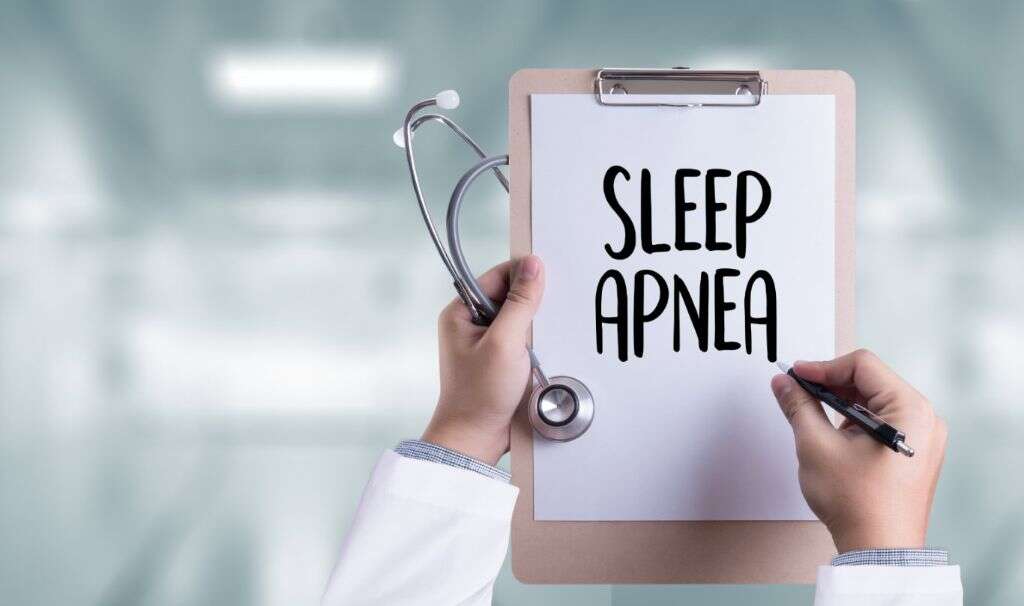
3. What Are the Symptoms of Sleep Apnea?
Sometimes the first indicator that you may be suffering from sleep apnea is a comment from your partner about your loud snoring or episodes of what seems like you holding your breath while you sleep. When you stop breathing temporarily, you may wake up gasping for breath. Even though these are common symptoms, not everyone who has sleep apnea exhibits them, however.
Other symptoms are more subtle. You may notice that you are irritable or never feel rested in spite of getting an adequate number of hours of sleep. You may also have difficulty staying awake during the day or wake up with a headache each morning. Some people report waking up with a sore throat or dry mouth as a symptom.

4. What Causes Sleep Apnea?
Obstructive sleep apnea occurs when the muscles of the throat relax too much while you are asleep, which results in a narrowed or closed-off airway. If you are not receiving enough oxygen, your brain senses it and sends you a wake-up signal to open your airway back up. This can repeat throughout the night and limit the amount of quality deep sleep you are able to achieve.
Central sleep apnea is not as common as the obstructive type and occurs when your brain is unable to properly send messages to the muscles responsible for breathing while you are asleep. As a result, you stop breathing for periods of time and can awaken feeling short of breath. Individuals with this type of apnea often have trouble falling asleep as well.
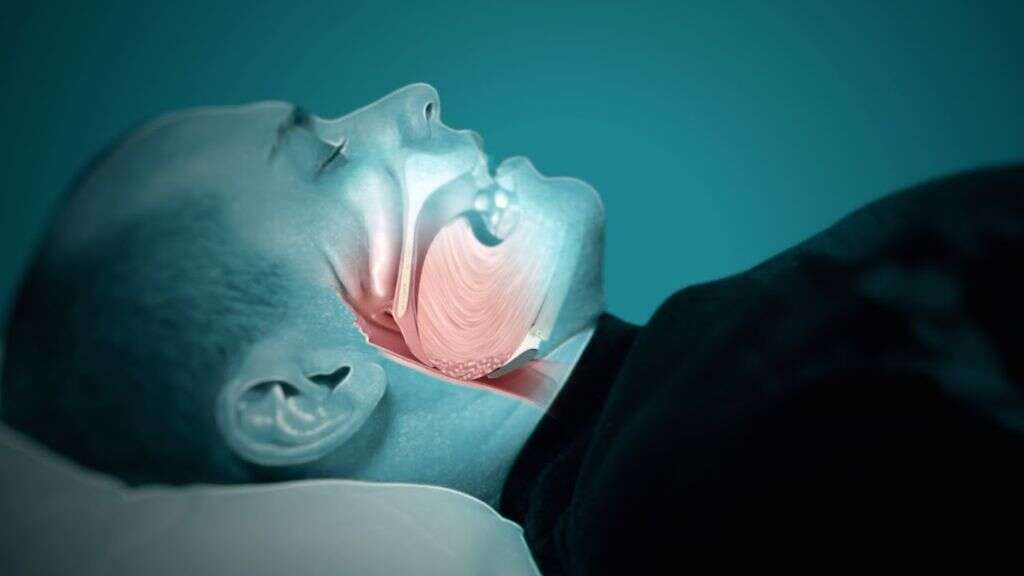
5. How Is Sleep Apnea Diagnosed?
The first step of diagnosis is the evaluation of your symptoms by a physician. If your primary care doctor suspects sleep apnea, he or she typically will refer you to a specialist for a sleep study at a center for sleep disorders. During a sleep study, you will spend the night at the center while your vitals and breathing patterns are monitored by medical professionals.
If an in-lab sleep study is not possible, there are monitoring options that can take place at home. Your physician may choose to have you monitored with an at-home monitoring test. This type of test is not as accurate as a sleep study and is more simplified. If the results are abnormal or inconclusive, sometimes a sleep study at a center is still needed before proceeding.
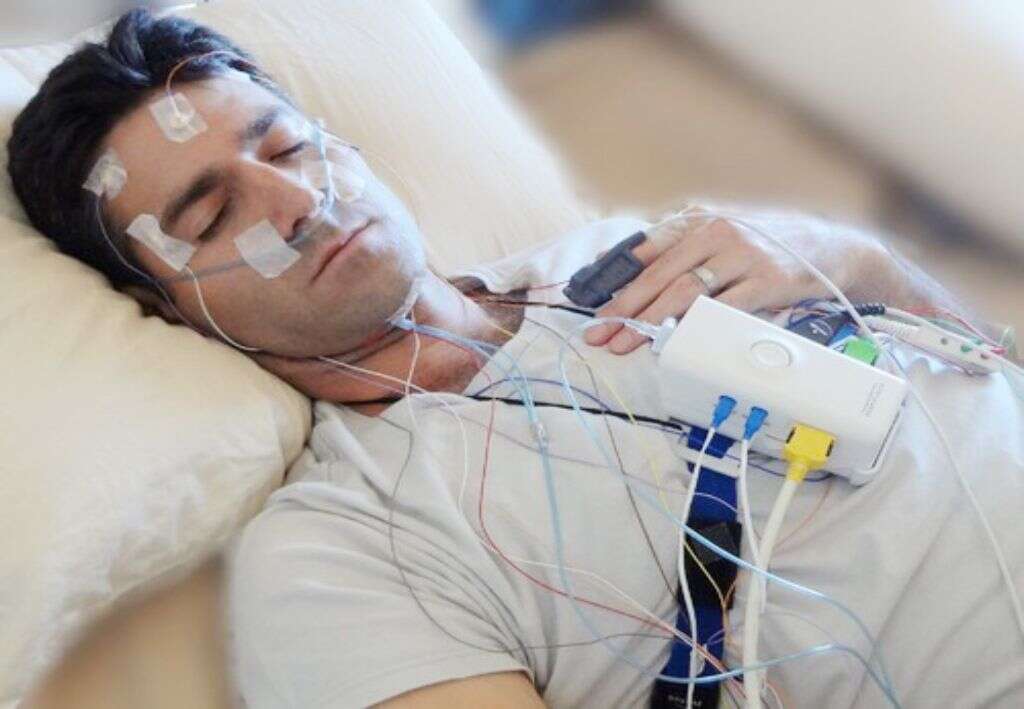
6. What Complications Can Sleep Apnea Cause?
Sleep apnea can become a serious condition if left untreated. Fatigue during the daytime is a common issue, since the condition reduces the amount of quality sleep you get per night. Breathing issues during sleep cause changes in oxygen levels that can raise blood pressure, putting you at increased risk of heart attack, stroke and atrial fibrillation.
Other diseases associated with sleep apnea include type two diabetes, metabolic syndrome, abnormal liver functioning, non-alcoholic fatty liver disease and complications during surgical procedures. Sleep apnea can also affect your relationships with other people. It can make you moody, irritable or depressed and can disturb your partner from being able to get a good night’s sleep.

7. How Is Sleep Apnea Treated?
Sleep apnea treatments depend on the underlying cause of the condition and the severity of the symptoms. The mildest cases can sometimes be corrected through simple lifestyle changes, such as getting treated for allergies, losing weight or stopping smoking. Other individuals with mild apnea may be candidates for an oral device that keeps the throat open by bringing the jaw forward. Your dentist can provide guidance for oral devices and help you get fitted for one if you want to try this method first.
Those with more moderate to severe apnea typically need to use a continuous positive airway pressure machine. A CPAP delivers air pressure that is greater than the surrounding air, reducing the chance of your airway closing and preventing apnea episodes. Some people find wearing a CPAP mask difficult, so there are many choices on the market to try for comfort reasons. For some patients, CPAP machines are distracting enough that they still continue to have difficulty sleeping. There are surgical interventions that become an option after other options have been exhausted.

8. Can Surgery Help Sleep Apnea?
The most severe cases of sleep apnea may not be improved by using a CPAP. If all other treatment options fail, surgery becomes the next option. There are several types of surgical interventions that can help patients show improvements in symptom and secondary conditions. Depending on your disorder type, your physician could recommend one of several different surgical procedures.
Some surgical options include tissue removal, tissue shrinkage using radio frequency ablation, jaw re-positioning, nerve stimulation using an implanted device, plastic rod implantation and in the most severe cases, creating a new breathing passageway using a tracheostomy. All of these surgical interventions are for the most serious cases. Non-invasive treatment options are advised first.

9. How Can Sleep Apnea Be Prevented?
Some risk factors for sleep apnea are not able to be reduced or controlled. Older males and those with a family history of sleep apnea are more likely to develop either type of sleep apnea. Those who have had a stroke or who have congestive heart failure are also at higher risk of developing the disorder. Individuals with inherited narrow airways or chronic nasal congestion due to allergies also are more likely to develop sleep apnea.
Some risk factors can be controlled to reduce the chance of developing sleep apnea or to reduce symptoms once it develops. Individuals who carry excess weight and have larger neck circumferences are more likely to develop the condition. Smoking also increases risk, along with the use of alcohol, sedatives or narcotic pain medication. If you are a smoker with sleep apnea it is possible to reduce or eliminate your symptoms by quitting smoking.

10. Can Sleep Apnea Be Cured?
Depending on the type of sleep apnea you have and the reasons it developed, it may be possible to reduce or eliminate your symptoms completely with lifestyle modifications. This doesn’t necessarily mean you are cured because the symptoms could return if you revert back to your previous lifestyle. If you are able to eliminate your symptoms through lifestyle changes, it’s important for you to maintain them.
Surgery can permanently correct sleep apnea in many cases, though it does not always treat the underlying cause. Even without a complete cure, you can expect an increased quality of life with fewer symptoms and a reduced chance of developing some of the more serious complications that can occur. Sleep apnea sufferers do not have to live a lifetime of symptoms and complications if they take the necessary corrective measures.




